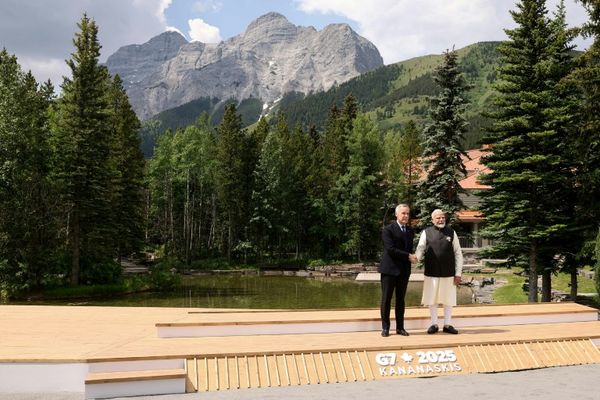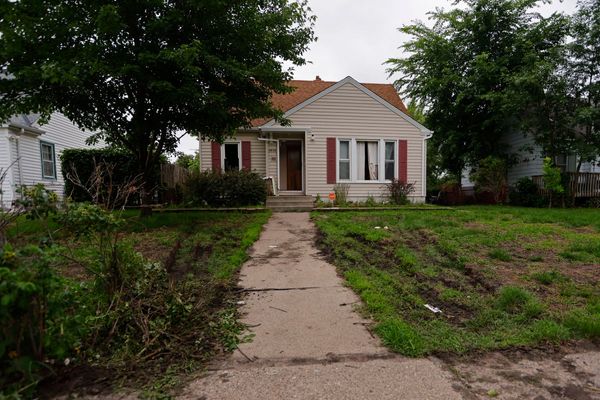
It was a television play competition that Denise Robertson won in 1971, not radio (Obituary, 5 April). Her winning play, The Soda Water Fountain, was produced on BBC2 the following year. I was given the task of directing a short film about the writer and her world. She was a documentary director’s dream, being effortlessly articulate about her creative life, and how she managed to juggle family and writing.
The film opened with shots of the author striding across a hilltop in Sunderland. This was the film-maker’s spoof on the cliche arts documentary, but for Denise it had a very real connection. As a child, she told me, she used to lie down on the grass with her ear to the ground, because she could sense the presence of the Vikings who had fought a great battle on that hill, and the Romans who came after: “What I didn’t know was that there were probably a hundred or more living Durham coal-miners under that very spot, digging away for dear life.” She also courted on that hill with a chap who wore a pink shirt, and always had a volume of poetry in his pocket which he would quote from: “I thought he was very arty.” But she married a sailor, who became the harbour-master at Seaham: “He goes out with the tide every day, and that varies every day by an hour. We have our family meals at all hours. So I go to my bed to write, with a hot-water bottle.” She was going to spend the BBC2 prize on an electric blanket: “With all-over warmth, the writing is bound to improve.”
She worried about whether prize-winning celebrity would bring other changes: “All my life I never really let anybody know what was going on in my mind, it had to be kept secret. Because I thought that if you let people know what’s in your heart, they’ll think you’re crackers. Whether television now is going to expose the way I feel and think – which I fear it might – and whether I’m going to turn shy again, I just don’t know.”
Tony Staveacre
Blagdon, Somerset
• I agree with Sally Wainwright that it is always refreshing but increasingly rare to hear a regional accent on TV (TV writer laments lack of northern voices, 5 April). But it is important that regional accents are not associated exclusively with the working class. When one switches on and hears some academic, for instance, speaking with a regional accent, one can be sure that it is real life and not TV fiction. Unfortunately, northern accents have become unfashionable, probably because British manufacturing industry, once a source of wealth and pride, has suffered such a cataclysmic decline. Nobody wants to be associated with failure.
Christopher Jordan
Derby
• The lack of northern voices in the media results from London-based disdain rather than any shortage of regional actors. Tyneside, for example, is brimming with local acting talent yet you only have to watch Vera on TV or listen to The Archers on Radio 4 to hear the geordie accent subjected to a severe mangling. This is likely to persist for as long as the regions are marginalised as scenic backdrops rather than places with their own authentic character and distinctive voice.
Richard Giles
Tynemouth
• Sally Wainwright is right to criticise the media for the lack of northern voices but there are at least one or two, plus quite a few from the “Celtic fringes” . However, despite a West Country accent being found by surveys to be well-liked there has never, to my knowledge, been a presenter with any sort of West Country accent. This applies to newsreaders and programme presenters even on local media. Whenever a West Country accent is heard, it’s usually a travesty consisting of nonsense like “oo-ar” which no real West Country folk say. Do the powers-that-be think we are all peasants and not worth featuring?
Jane Ghosh
Bristol
• Join the debate – email guardian.letters@theguardian.com







